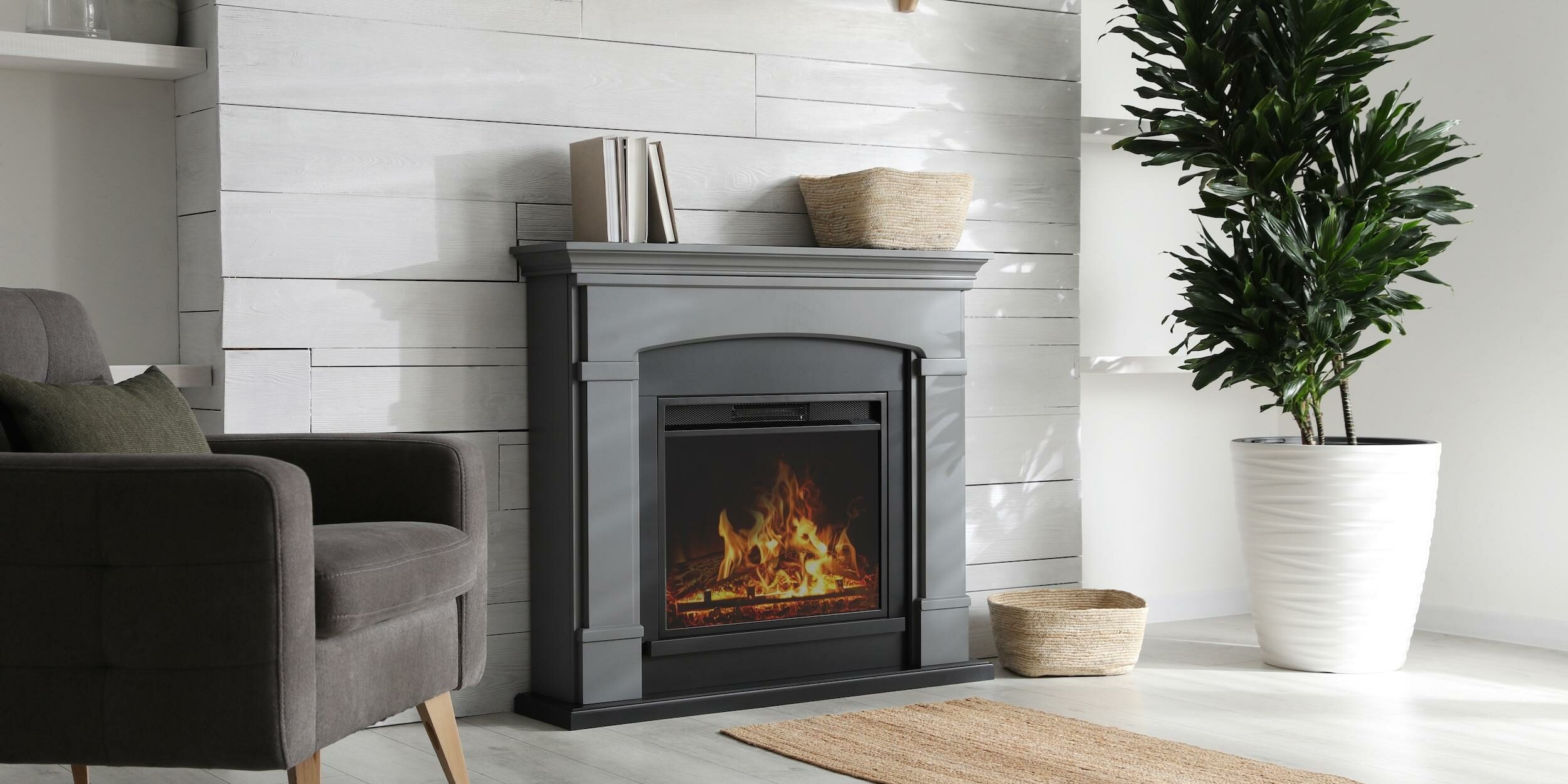Owning a static caravan holiday home means you can rely on a relaxing retreat – particularly if it’s on one of our fantastic Daly Parks. Ownership, though, comes with unique challenges – especially during the colder months. During the winter, one of the most significant risks to your static caravan is the possibility of frozen pipes.
However, with proper precautions and knowledge of how to deal with the situation if it does occur, you can protect yourself from damage and costly repairs. In this edition of our blog, we’ll look into the whole issue, and explain how to avoid frozen pipes as well as how to handle it if freezing occurs and problems arise.
Why do pipes freeze?
During winter, static caravans may face colder temperatures, but with a few easy steps, you can ensure your caravan is well-protected. Water inside pipes can freeze when temperatures drop below zero, causing expansion that may damage the pipes. Since static caravans can be left unoccupied for extended periods, especially in winter, they’re more vulnerable to this. With proper care and simple preventative measures however, you can effectively protect your caravan’s plumbing system and enjoy peace of mind throughout the colder months.
Winterisation: Preparing your static caravan for the winter
Winterisation is the process of preparing your static caravan or holiday home for the winter months, so that damage from freezing temperatures is prevented. Winterisation typically involves taking steps to ensure that if temperatures drop, your caravan and its plumbing are not left vulnerable. These include draining down the water system and protecting pipework.
- Drain down: The most effective way you can prevent frozen pipes is to make sure that there’s no water left in the system when you ‘pack up’ for winter. You do this by ‘draining down’ – i.e. emptying all water tanks, pipes and appliances (washing machine and, if you have one, dishwasher). Turn off the water supply and open all the taps to let water flow out. You should also make sure the hot water tank and toilet cistern are completely drained.
- Open taps and valves: Leave all taps and valves open during the winter to prevent residual water from being trapped inside the system. Doing so will help release pressure and reduce the risk of pipes bursting if there is any water left over and it freezes.
- Anti-freeze: For pipes that are difficult to drain, consider adding anti-freeze solution. Make sure the anti-freeze is suitable for use in drinking water systems (i.e. non-toxic) and follow the manufacturer’s instructions to make sure you use the correct dosage.
- Disconnect hoses and appliances: Disconnect any external hoses and appliances (such as washing machines) to prevent residual water from freezing and causing damage.
- Insulate pipes and tanks: Proper insulation is a key factor in protecting pipes from freezing in the months when temperatures drop and are consistently low. Use foam pipe insulation, also known as lagging, to cover exposed pipes, especially those outside or in unheated areas. Wrap insulation around any external taps and water tanks as well.
- Leave the heating on: It may not be appropriate or advisable in all circumstances (as there will certainly be a cost involved, amongst other concerns), but if your static caravan is equipped with central heating, you could consider leaving it on. Putting it on a low setting will maintain a temperature inside the caravan that can help prevent freezing, especially during winter’s coldest spells.
- Smart thermostat: A smart thermostat could be a valuable investment for you, as it will allow you to remotely monitor and control the temperature in your static caravan. In other words, you could be many miles away back at your bricks-and-mortar home, yet able to affect the situation at your static caravan via an app on your mobile phone. Some smart thermostats can even send alerts if the internal temperature of your static drops too low, giving you a heads-up that the pipes might be at risk of freezing.
What to do if pipes freeze
It’s very important to be mindful of the fact that pipes could freeze, particularly in extreme weather conditions, whatever measures you put in place to deal with the potential issue. If you suspect a pipe has frozen, there are things you can do to manage the situation before any damage occurs.
- Locate the frozen pipe: Pipes that have frozen will often present symptoms such as a lack of water flow or an unusual gurgling noise. If you can locate the frozen section, check whether it’s accessible enough to be thawed.
- Thaw gently: Never be tempted to use an open flame or high-temperature device (such as a blowtorch) to try and thaw out a pipe. Instead, use gentle heat sources such as a hairdryer, heat lamp or heated towels wrapped around. Start thawing from the tap end and work your way towards the frozen section. This method prevents pressure from building up and reduces the risk of the pipe bursting.
- Turn on the tap: Keep the affected tap turned on while you’re thawing the pipe. This allows water to flow out once the ice has started melting, which will help to relieve pressure within the pipe.
- Check for leaks: Once the pipe has thawed you can inspect it thoroughly for any cracks or leaks. Frozen pipes can become weakened and may burst once they’re under pressure again.
Dealing with pipes that have burst
If you ever encounter a burst pipe in your static caravan, rest assured there are straightforward steps you can take to address the situation promptly and minimise any potential disruption.
- Turn off the water supply: It’s helpful to know where your caravan’s main stopcock is located. Turning off the water supply quickly will prevent further water from entering the system and minimise any flooding.
- Drain the system: Open all taps to allow the remaining water to flow out, reducing pressure and preventing additional water damage.
- Contact a professional: A qualified plumber, experienced in caravan systems, will be able to quickly assess and fix the issue, ensuring everything is back in working order.
- Keep records: Take photos and notes of the damage. Should you have insurance coverage for burst pipes, these documents will streamline your claims process, helping you get back to enjoying your caravan sooner.
By taking these easy steps, you can handle the situation with confidence and protect your static caravan effectively.
Taking a few simple steps to protect your holiday home from frozen pipes ensures everything stays in great condition, so you can avoid unnecessary repairs and any potential issues. If a pipe does freeze or burst, acting quickly and safely can prevent further damage. However, by being proactive with a thorough winterisation process, you can relax knowing your static caravan will be in excellent shape, ready for you to enjoy your wonderful Daly Parks holiday home when the warmer weather arrives. It’s all about keeping your holiday home safe and sound for your next adventure!

